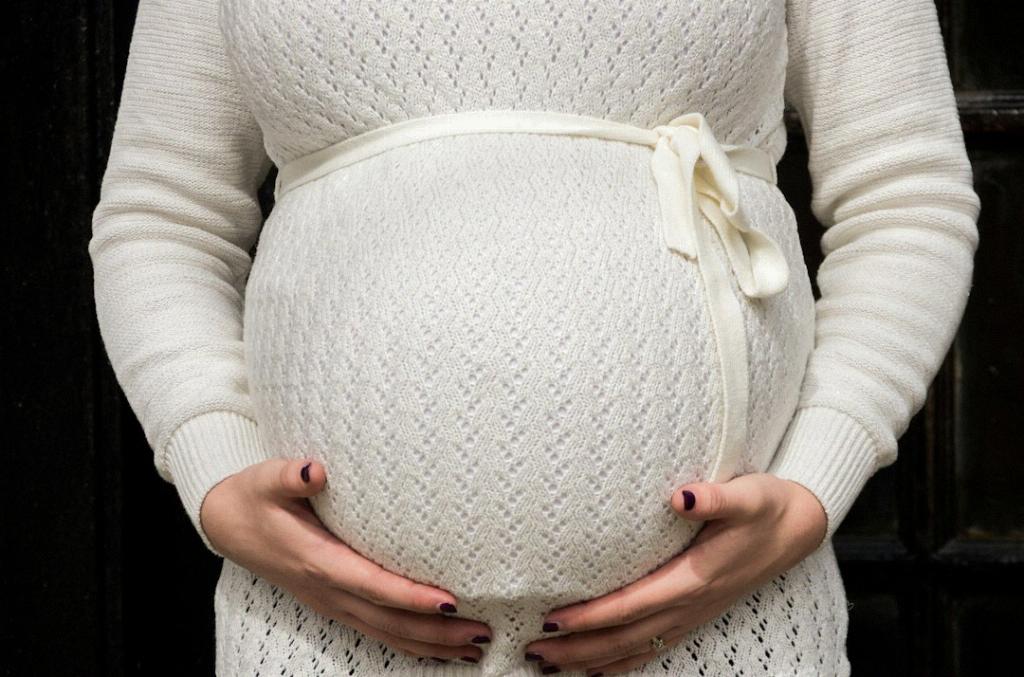As an expectant mother, there may be a plethora of concerns swirling through your mind about potential health risks to your baby. One such concern that may emerge is the impact of exposure to shingles during pregnancy. Given the discomfort shingles can bring, coupled with the natural desire to protect your unborn child, understanding the implications of this viral infection is crucial.
Shingles and Pregnancy: Understanding the Relationship
Shingles is caused by the reactivation of the varicella-zoster virus, the same virus responsible for chickenpox. Once a person has had chickenpox, the virus lies dormant in the nerve tissues, and in some cases, it can reactivate years later as shingles. If a pregnant woman who has had chickenpox in the past is exposed to shingles, the risk to the unborn baby is generally low.
Complications and Risks: What You Need to Know
While the overall risk of complications to the baby is low, it’s essential to remain vigilant if you develop shingles during pregnancy, especially near your due date. If a woman gets shingles shortly before giving birth or in the days following delivery, precautions must be taken to prevent the newborn from coming into contact with the shingles rash.
Precautionary Measures for Expectant Mothers
If you find yourself with shingles while pregnant, taking certain steps can help minimize the risk to your baby. It’s crucial to cover the shingles rash properly to prevent direct contact. Additionally, stringent hand hygiene practices, such as frequent handwashing, should be followed to reduce the risk of spreading the virus to vulnerable individuals, including newborns.
Seeking Medical Guidance for Peace of Mind
As with any health-related concern during pregnancy, consulting with your healthcare provider is vital. They can provide tailored advice based on your unique situation and offer guidance on symptom management and potential treatment options to alleviate the discomfort caused by shingles. Remember, seeking medical advice can offer peace of mind and ensure the well-being of both you and your baby.
Emotional Support and Well-Being
Coping with a viral infection like shingles during pregnancy can be emotionally challenging. It’s essential to prioritize your emotional well-being during this time. Reach out to your support system, whether that be your partner, family, friends, or healthcare provider, to share your concerns and feelings. Taking care of your mental health is as crucial as managing the physical symptoms of shingles.
Postpartum Period: Monitoring Your Baby’s Health
After giving birth, it’s natural to continue monitoring your baby’s health, especially if you had shingles near your delivery date. Keep an eye out for any potential signs of illness or unusual symptoms in your newborn and promptly consult with their healthcare provider if any concerns arise. Open communication with your baby’s medical team is key to ensuring their well-being.
Support Systems and Community Resources
Don’t hesitate to lean on support systems and community resources during this time. Joining online forums or support groups for expectant mothers or individuals dealing with shingles can provide a sense of camaraderie and shared experiences. Connecting with others who understand your situation can offer valuable support and insights.
Looking Ahead: Focus on Recovery and Bonding
As you navigate the challenges of dealing with shingles during pregnancy, remember to prioritize your recovery and bonding with your newborn. Allow yourself time to rest, heal, and adjust to your new role as a parent. Cherish the moments of connection with your baby and focus on nurturing both your physical and emotional well-being during this transformative time.
Conclusion: Navigating the Journey with Resilience
Experiencing shingles during pregnancy may raise valid concerns, but with proactive measures, guidance from healthcare providers, and support from loved ones, you can navigate this journey with resilience. Stay informed, seek medical advice when needed, and remember to prioritize self-care and emotional well-being as you embark on this remarkable chapter of motherhood.

